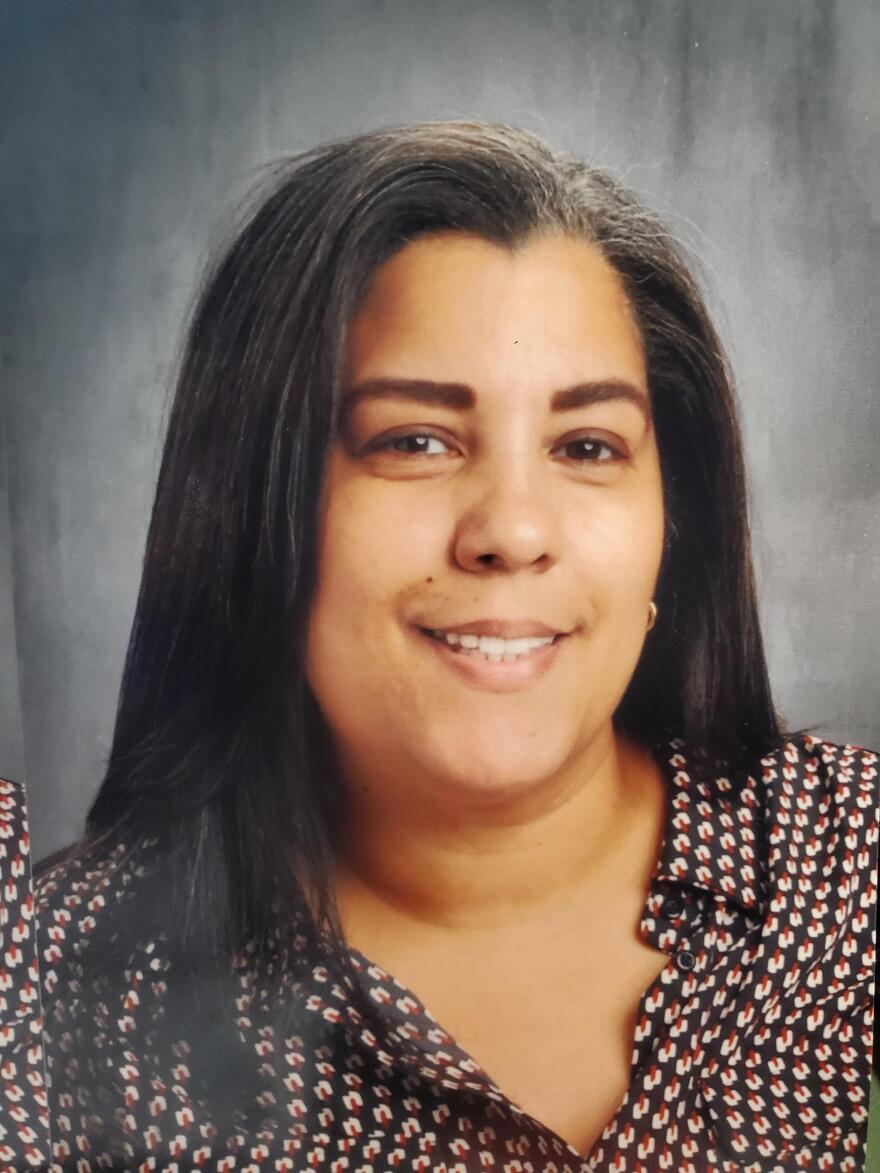Cristina Vega split her childhood between the Dominican Republic and the Bronx, New York, where she attended a bilingual school.
Getting to speak both Spanish and English in the classroom was invaluable to her, said Vega.
"It's our culture, it's what we speak at home, what we use to talk to our parents and grandparents."

So, when she stumbled upon the Redland Migrant Christian Association's Community Academy in Wimauma, which runs a dual language program, she "fell in love with the place."
"All of the students are bilingual, like I'm working with migrant families," Vega said, "It was, 'let me get back to my community.'"
Prior to taking the principal position at RCMA Community Academy, Vega worked in Hillsborough County Public Schools for nearly 18 years in various roles.
Most recently, she served as the assistant principal at Sulphur Springs K-8 Community School. Before that, she had worked as a bilingual aid, a 6th grade science teacher and assistant principal at Sligh Middle School.
Vega worked primarily in Title I schools with minority students and students from low-income families.
Now, she said she's excited to bring her cultural and professional background to RCMA. She's replacing longtime principal Mark Haggett, who is being promoted to Director of Operations for RCMA’s three charter academies.
"I want my students to see their reflection in me," said Vega.
After being born in the Bronx, Vega spent her early childhood in the Dominican Republic, where she made Spanish her first language. At the age of seven, she returned to New York, where she lived until she was 24.
Vega is the first and only college graduate in her family. She earned a Bachelor's degree in Elementary Education K-6 from the University of Phoenix and a Master's degree in Educational Leadership from the University of Tampa.
At RCMA, Vega will be working mainly with Hispanic families. About 99% of the students come from low-income backgrounds, compared to 49% in Hillsborough County Public Schools.

A primary focus of the charter school is to serve children of migrant farmworkers. Their parents often work long hours and migrate north during the summer to harvest seasonal crops.
About 10% of RCMA's student population come from migrant backgrounds, compared to just 0.5% in the district, according to Florida Department of Education Data.
Because children of migrant farmworkers often travel with their families, they leave before the school year is over and come back when the new year has already begun, making it hard to stay on track with school work.
Children of farmworkers are considered some of the most vulnerable and drop out at high rates as teenagers.
RCMA — which runs charter schools in agricultural communities in Mulberry and Immokalee as well — seeks to remedy some of those hardships. They accommodate families by providing supplemental tutoring and programming before and after school.
Vega said the school's cultural awareness is what helps RCMA students thrive, and it's why she believes leading the school is her calling.
"We're in the business of educating students regardless of their families background," said Vega.




